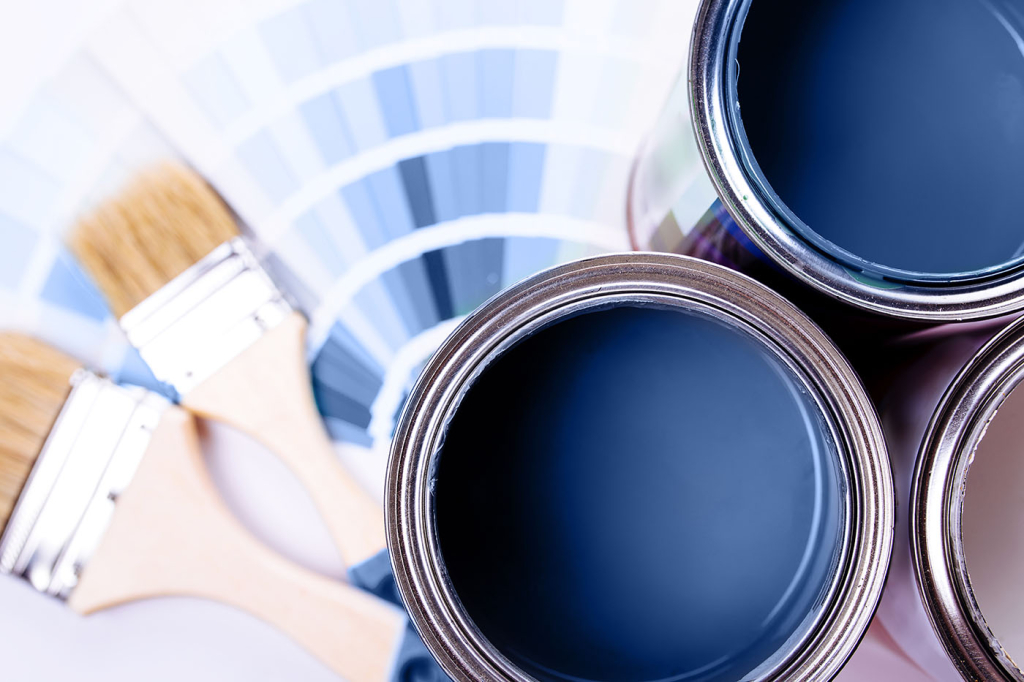Posted: October 26, 2021 by James Burns in Borrow, ACU Collabria Visa Credit Cards, ACU Line of Credit, ACU Personal Loans, Assiniboine Credit Union, Canada home renovation tax credit, finance home improvements, financing for home improvement, home improvement loans, home renovation loan, home renovation loan Winnipeg, house renovation costs, how to get home renovation loan
Will your home reno costs break the bank? Find out.
How much do popular home renovations cost — and what are the best ways to finance them?
Being a homeowner has a lot of perks. You don’t have to worry about landlords upping your rent, selling the rental or the possibility of facing eviction. You get to enjoy seeing your home’s equity grow. And you can make any changes to your home that you want (within reason).
The only real downside is having to pay for those changes. Almost half of all Canadians have carried out or are considering carrying out home renovations. While the average amount homeowners intend to spend on home reno projects is just over $10,000, it can be difficult to accurately estimate how much those projects will cost.

In Manitoba, there are certain home renovation tax credits you may be eligible to receive, including credits on green energy equipment, home insulation and other energy efficiencies.
If you own a property in other parts of Canada, home renovation tax credits may also be available to you. (You can find out more on this Government of Canada website.) However, for most types of renovations, it’s up to the homeowner to fully finance home improvements.
To better prepare you for your upcoming project, we take a look at the most popular home renovations, their average costs, and the options available to finance home improvements including how to get a home renovation loan.
Popular home renos and what they’ll cost you
Estimates for home renovations can vary greatly, depending on the size of your home, the quality of the materials you want to use and where you live in the country. As a starting point, we’ve put together the average renovation costs for the most common home renos to give you an idea of how much financing you’ll need for your home improvements project.
Windows and doors
While these renos (and many others) can vastly improve the look of your home, they’ll also bring considerable energy savings. According to Manitoba Hydro, “Windows and doors can account for up to 25% of total house heat loss,” so these home renos will pay off over time. Replacing your home’s windows typically will cost between $3,900 to $9,200 (including installation) for a small-to-medium-sized home, while a new door will cost between $1,000 and $2,600.
A new roof
Given that most roofs need replacing every 20 years or so (after all, our harsh prairie winters take their toll), this is a very common Manitoba home renovation. For asphalt shingles on a small home, the cost starts at around $5,000, but that could easily go up to $11,000. A metal roof can cost as much as $25,000, but it will last forever and add value to your home.
Flooring
Wood, laminate or carpet are popular flooring options in Manitoba. Typically sold by the square foot, flooring can start at around $7 for hardwood and $3 for laminate and carpet. Installation costs are around $2.50 per square foot on average. You will probably also need underlay, which averages at around a dollar per square foot. That all tallies up. For example, for a 1,000 square foot home, you would pay around $10,500 for wood and around $5,500 for carpet or laminate.
Kitchens and bathrooms
A new kitchen and bathroom can transform your home and bump up its value, they don’t come cheap. An average kitchen will set you back around $30,000 and an average bathroom reno will cost around $13,000. If you’ve got your heart set on luxury fixtures and fittings, these costs can quickly double or even triple.
Interior painting

Costs to have the inside of your home fully painted can vary wildly. Hiring students and using the cheapest paint will keep costs down, while an interior designer, top decorators and the best paint money can buy will set you back tens of thousands in Canada’s biggest cities. However, you should be able to have a small-to-medium-sized house professionally painted for around $10,000.
Deck
Getting a new deck installed by pros will set you back around $2,200 for a smaller deck of 10’ x 10’, while a larger deck measuring 20’ x 20’ will cost closer to $9,000.
What are your options for financing your home improvements?
If you haven’t saved any money for your renos (which is typically the case for almost a quarter of Canadians), there are a number of financing options available. The best one for you will depend on your credit score, available home equity and the size of your reno project.
Options include:
- Personal loans
- Home equity line of credit
- Credit cards
- Specialty mortgages
In part two of this article, we’ll review all of these options so you have a better idea of what will work for you. As always, you can also speak with an ACU financial advisor who can assist you with your financial needs and help you access the money required for your home renovations. Book an appointment online today.

Home improvement loans and financing options for renovations and repairs
Up Next
Community stories
Read more ›
Sustainability: How ACU is turning words into action
A hand holding a seedling
Advice/Perspectives, Community stories
Read more ›
For ACU, Pride radiates outward
“I’ve always wanted to instill a change in the world for the better,” says Cristina McCourt, Financial Account Manager Trainee and member of the ACU Pride Committee, an employee-led resource…
Advice/Perspectives, Borrow, Business growth
Read more ›
Royal Aviation Museum travels to its final destination—with ACU’s help
A stone’s throw from the main terminal of Winnipeg Richardson International Airport you’ll find one of Canada’s hidden gems, where the airplanes are a little more exciting than your typical…




